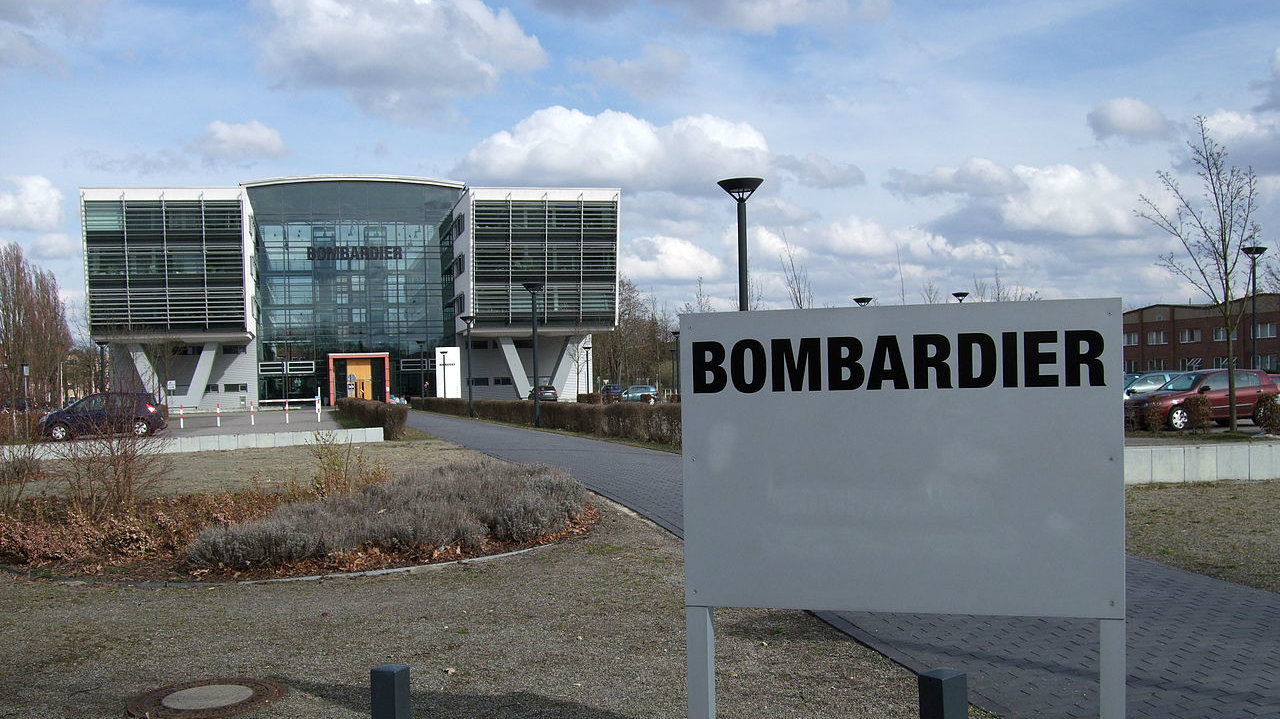With shares of Canadian transportation manufacturer Bombardier, Inc. (TSX:BBD.B) rallying nearly 40% in a little more than two months, investors have placed an impressive forward valuation multiple on the manufacturer amid positive sentiment relating to recent strategic moves the company has made to bypass a potential crisis posed by American rival Boeing Co. (NYSE:BA) in a trade dispute related to the company’s flagship CSeries plane earlier this year.
Forward guidance provided by Bombardier’s management team has pegged the company’s 2020 free cash flow at a range of $750 million to $1 billion, placing Bombardier’s current price to forward 2020 free cash flow at between 6.7 and 9.0 times expected free cash flow two years from now. Fundamentally, such a valuation appears to be rich, given the company’s recent issues with production and investigations into Bombardier’s sales practices.
Here’s my take on why investors have largely looked past fundamentals toward a longer-term perspective on the embattled manufacturer.
As with other government-supported businesses, buying into the long-term ability of a company to succeed based on its close relationship with the federal government has proven to be a viable strategy in a number of industries.
Case in point: Air Canada (TSX:AC)(TSX:AC.B). The argument that the struggling Canadian airline would have been able to survive without government protection following the Financial Crisis is questionable; the more than 30 times return shareholders have seen since Air Canada’s share price low in 2009 is ample proof of the investment strategy of picking up shares in a distressed company with the unwavering support of the Canadian government, providing an effective backstop against bankruptcy, and a potential lottery ticket to massive returns in a relatively short amount of time.
While Air Canada’s balance sheet and free cash flow generation ability have improved dramatically, questions as to the ability of Bombardier to replicate similar performance in the years to come are warranted. A significant amount of credence is being factored into the ability of Bombardier’s management team to take the company from rags to riches, with anticipation that the company’s partnership with Airbus Group SE will turn out to be a fruitful one long term, despite the fact Bombardier managed to give away more than 50% of its interest in the CSeries plane for free.
Bottom line
Until Bombardier shows concrete improvement in production levels at both its rail and aerospace divisions, I remain a strong skeptic of the ability of Bombardier to achieve results anywhere close to those of Air Canada. While it may be true that Bombardier is one of those companies that will continued to be supported by the government at the expense of taxpayers, eliminating the risk of a bankruptcy or any sort of real financial distress, I urge investors to look at the company’s fundamentals before making an investment at current levels.
Stay Foolish, my friends.








